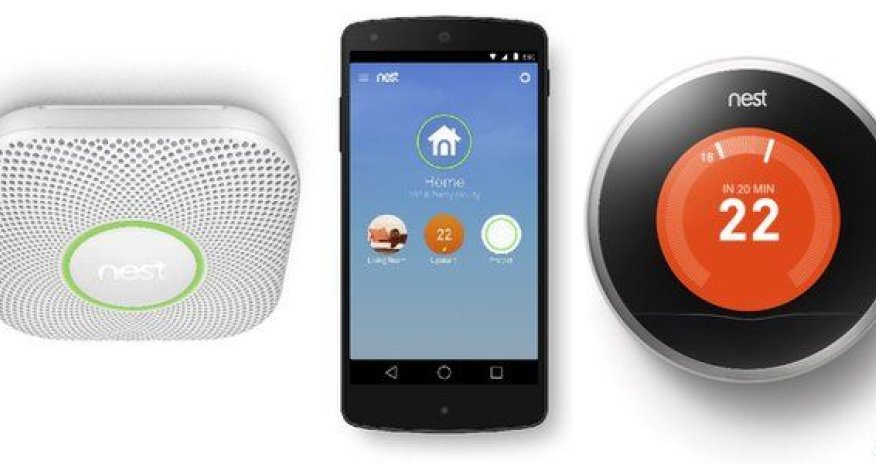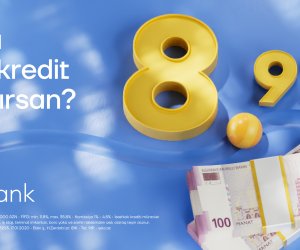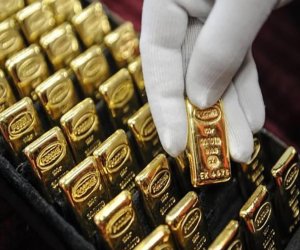What will Google's $3.2bn guru do next?

Is Tony Fadell destined to eclipse his former Apple workmate Sir Jonathan Ive?
When Google paid $3.2bn (£2.1bn) to buy Tony Fadell's start-up Nest in 2014, it got much more than just an internet-connected thermostat and smoke detector.
It got the man dubbed the "the iPod's father" - the engineer/designer who sold Steve Jobs on his vision of a portable music player, and then worked alongside Jony Ive to build it, update it and then repeat the process with the iPhone.
Now, the two men are set to go head-to-head. First with wearable tech, and then later, perhaps, with competing car designs - more of which later.
Tellingly, Mr Fadell is wearing Sir Jonathan's latest product, the Apple Watch, when he arrives to be interviewed.
"I've had mine for about two weeks now," he says.
"I think they did a tremendous job on the hardware components of it.
"They are trying many different things with that platform - some are going to be great, and some are not."
When Mr Fadell agreed to sell Nest to Google, the reason he gave was that joining forces would accelerate his "thoughtful home" master plan - he hates the term "internet of things", which he says does a "disservice" to his products.
But in January, it became clear that Google's chief executive, Larry Page, had wider uses for his hardware expertise, and the troubled Glass computer was added to his duties.
"It wasn't handed to me and said, 'Tony clean it up,'" Mr Fadell clarifies, "I offered."
"I remember what it was like when we did the iPod and the iPhone. I think this can be that important, but it's going to take time to get it right."
'Spoil market'
The $1,500 (£965) "explorer edition" of Glass was soon pulled from sale, and Mr Fadell made clear that future test versions would be kept in-house.
That was widely seen as a shift in strategy for Google - a company that took five years to take its Gmail service out of "beta" status, and that still invites users to "play" with preview versions of other products.
Moreover, it caused anger among developers who had sunk time and money into making apps for a product that no longer existed.
But Mr Fadell defends the shift, saying a distinction needed to be drawn between hardware and software.
"If you are only doing services based on electrons, you can iterate quickly, test it, and modify it and get it right," he says.
"But when you are dealing with actual atoms - hardware - and you have to get manufacturing lines and it takes a year or more to develop that product, you better understand what it is and what it's trying to do and specifically what it's not going to do.
"Customers have to spend money to buy those atoms.
"They want something that delivers value or you end up with a real disappointment and you can spoil the market."
Home cam
For now, that leaves Mr Fadell's reputation dependent on his Nest line-up.
It is limited to three products, including the recently launched Nest Cam.
The motion-detecting camera streams live footage and sound from the owner's home to an app and can save memorable moments in the cloud.
If you get over the creepiness factor of effectively spying on your family, it's fair to say the device shares the crisp, stylish look of the Nest's other products, and reviews have been positive.
But the camera is actually an upgrade to an earlier device made by Dropcam - a company Nest acquired.
That means Mr Fadell's division has not created a new product category of its own since joining Google.
(BBC)
www.ann.az
Similar news
Similar news




































 Photo
Photo 



 Video
Video 

